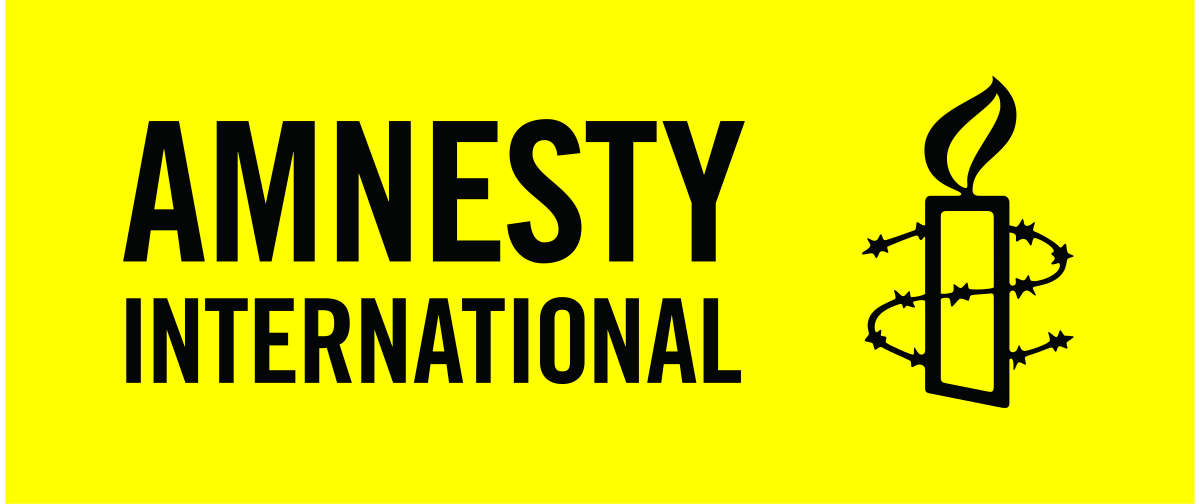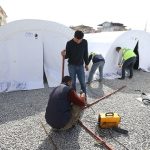Amnesty International said in its annual report on Tuesday that the robust response of Western countries to the Russian invasion of Ukraine stands in stark contrast to a lack of meaningful action on serious human rights violations by Israel.
The report “found that double standards and inadequate responses to human rights abuses taking place around the world fuelled impunity and instability, including deafening silence on Saudi Arabia’s human rights record, inaction on Egypt and the refusal to confront Israel’s system of apartheid against Palestinians.”
The report said that 2022 was one of the deadliest years on record for Palestinians in the West Bank, with at least 151 people, including many children, killed by the IDF.
“Israeli authorities continued to force Palestinians from their homes, and the government is rolling out plans to drastically expand illegal settlements across the occupied West Bank,” the report read. “Instead of demanding an end to Israel’s system of apartheid, many Western governments chose to attack those denouncing it.”
Erosion of women’s rights
“States’ hunger to control the bodies of women and girls, their sexuality and their lives leaves a terrible legacy of violence, oppression and stunted potential.”
Amnesty International Secretary General Agnès Callamard
The report also noted that women’s rights and freedom of protest are under threat as countries fail to protect them.
The report pointed to the US Supreme Court’s overturning of the right to have an abortion, as well as the prosecution of several Polish activists for helping women obtain abortion pills.
Furthermore, indigenous women in the US continued to face disproportionately high rates of rape and sexual violence. In Pakistan, the government failed to adopt long-pending legislation to respond to multiple femicides. In India, there were no repercussions for people who committed violent caste-based hate crimes against Dalit and Adivasi women.
The report also highlighted the Afghan Taliban’s restriction of women and girls’ right to personal autonomy, work, education and access to public spaces and the death of Iranian Kurdish woman Mahsa Amini in the custody of Iran’s “morality police” for showing strands of hair under her hijab, as well as the subsequent protests in which numerous more women were arrested, injured or killed.
“States’ hunger to control the bodies of women and girls, their sexuality and their lives leaves a terrible legacy of violence, oppression and stunted potential,” said Amnesty International Secretary General Agnès Callamard.
International system unprepared for global crises
“States cannot criticize human rights violations one minute and, in the next, condone similar abuses in other countries just because their interests are at stake.”
Amnesty International Secretary General Agnès Callamard
In the report, the human rights watchdog said that the invasion shows that the international system is not prepared to deal with global crises.
“Countries applied human rights law on a case-by-case basis in a staggering show of blatant hypocrisy and double standards. States cannot criticize human rights violations one minute and, in the next, condone similar abuses in other countries just because their interests are at stake. It’s unconscionable and undermines the entire fabric of universal human rights,” Callamard said.
Source: JP



